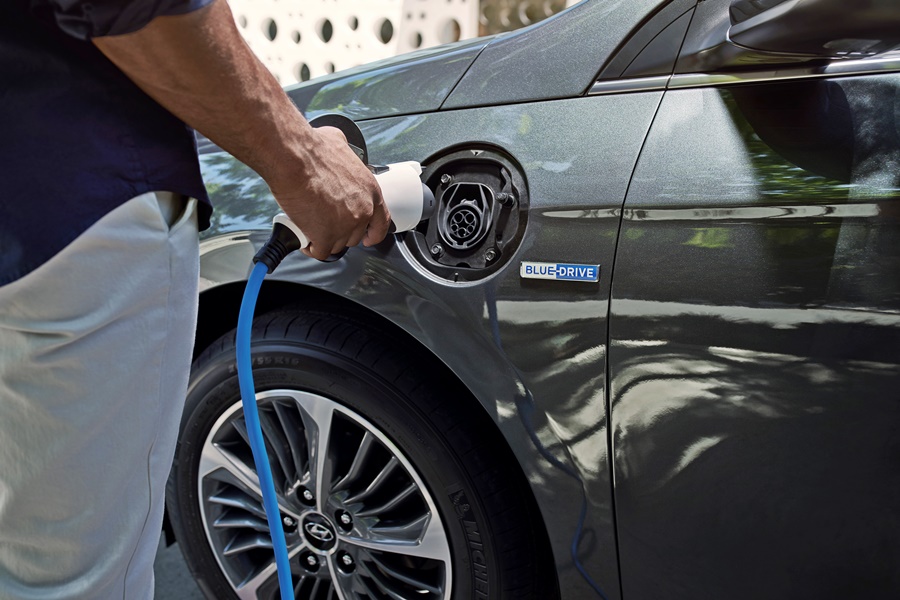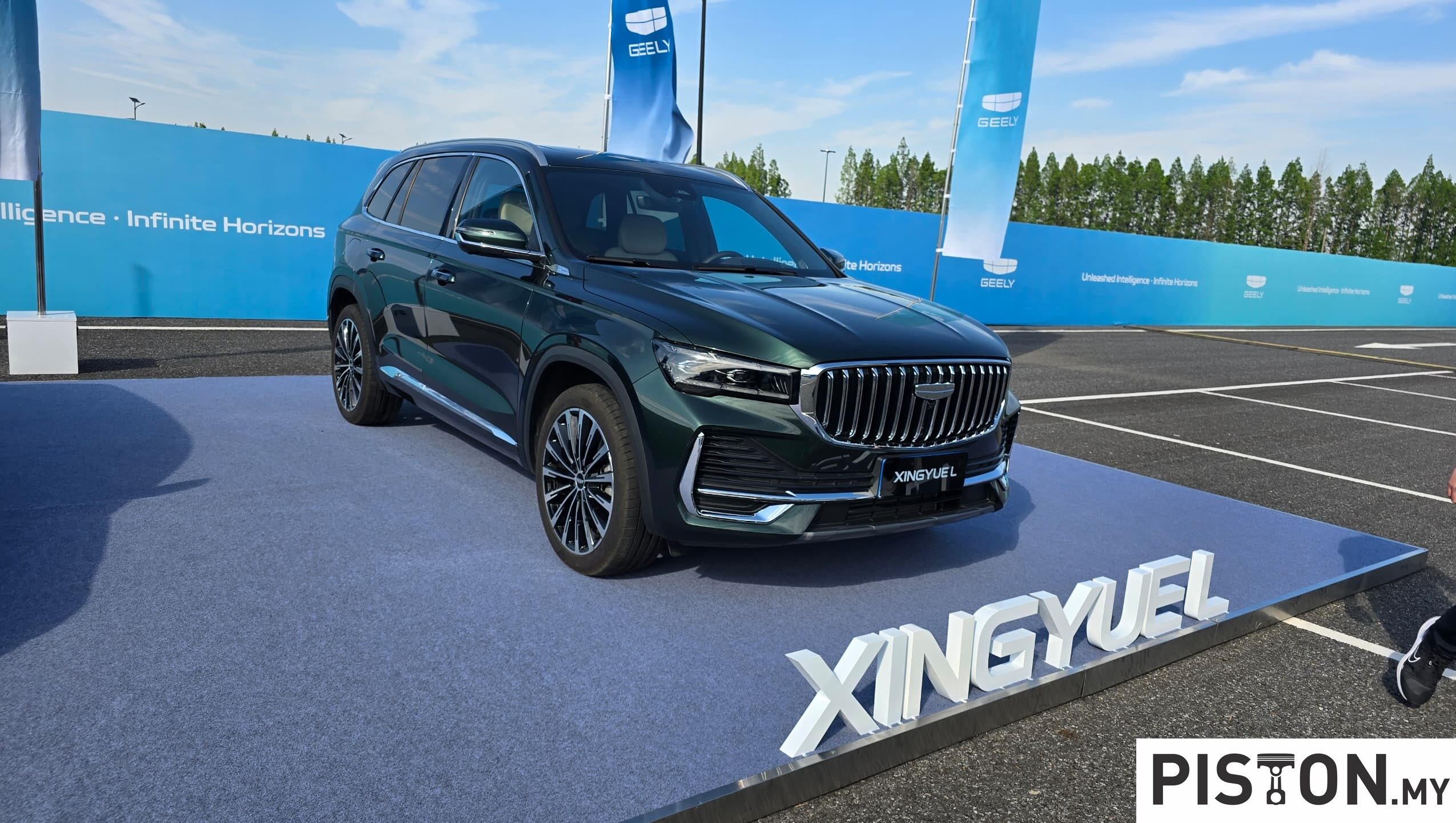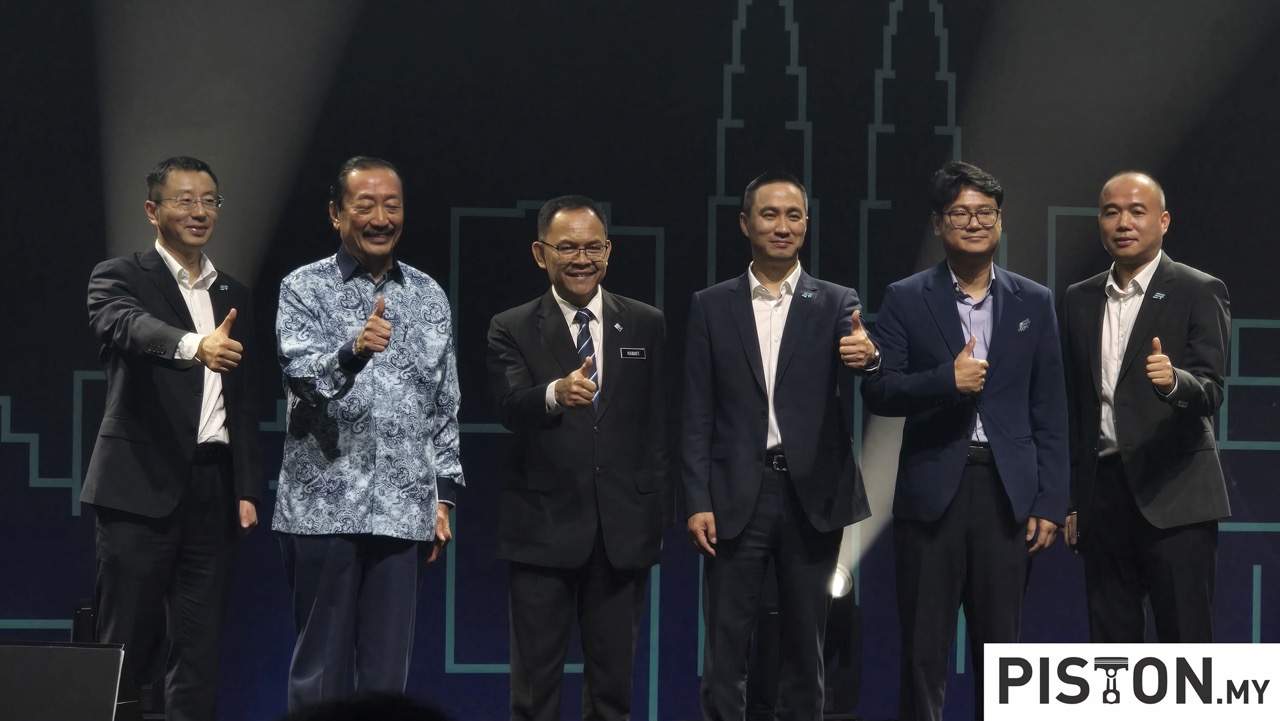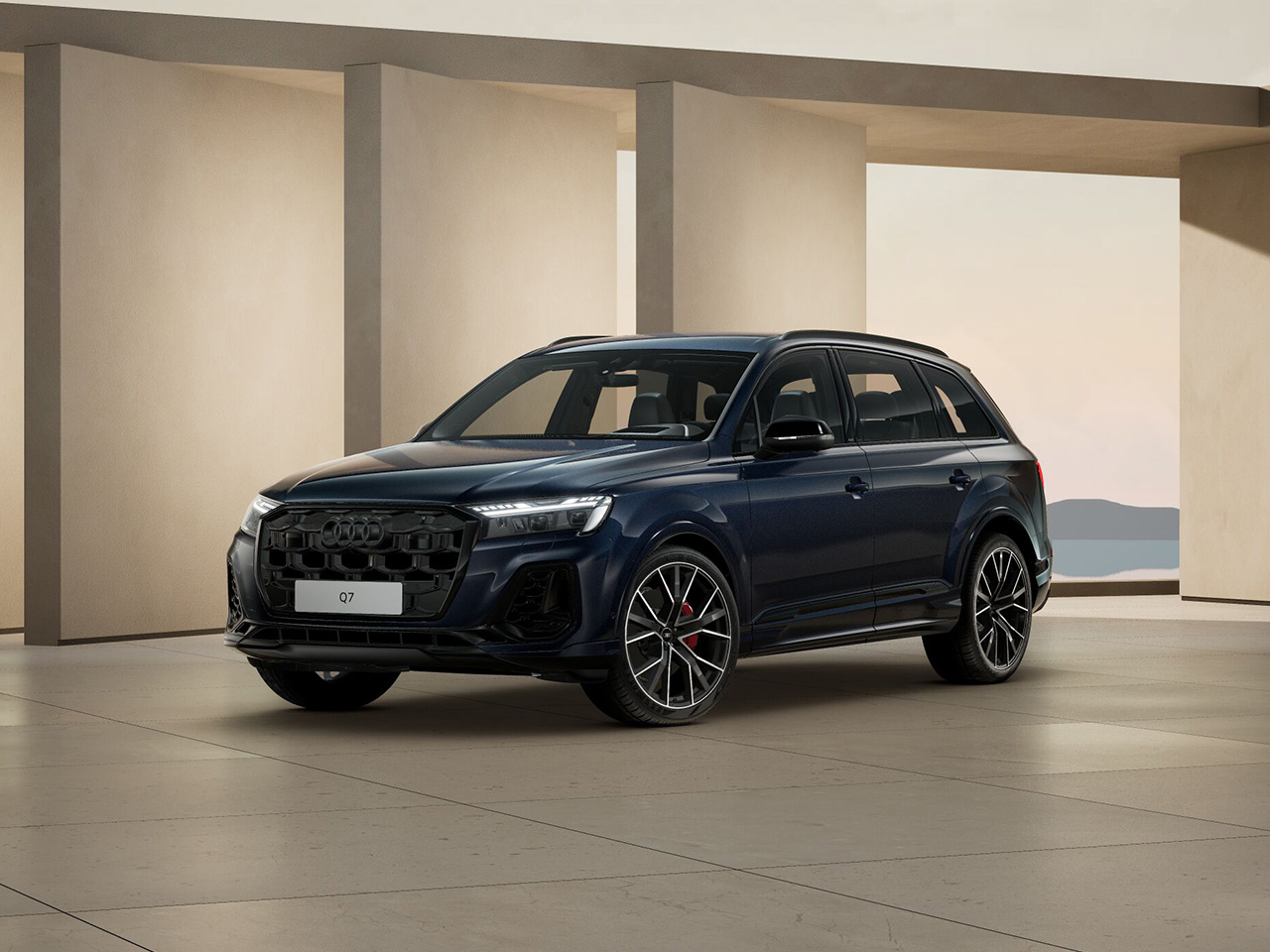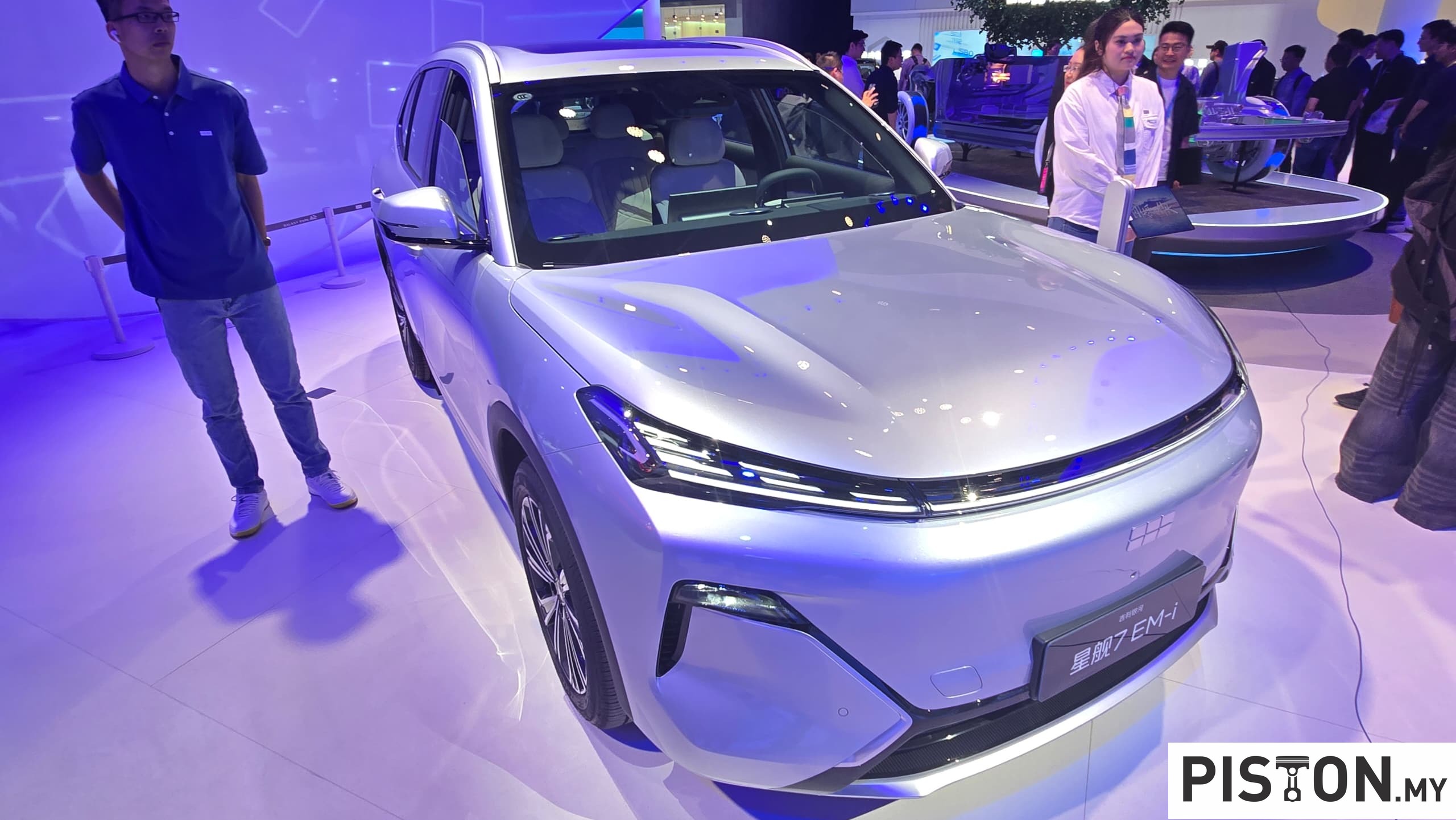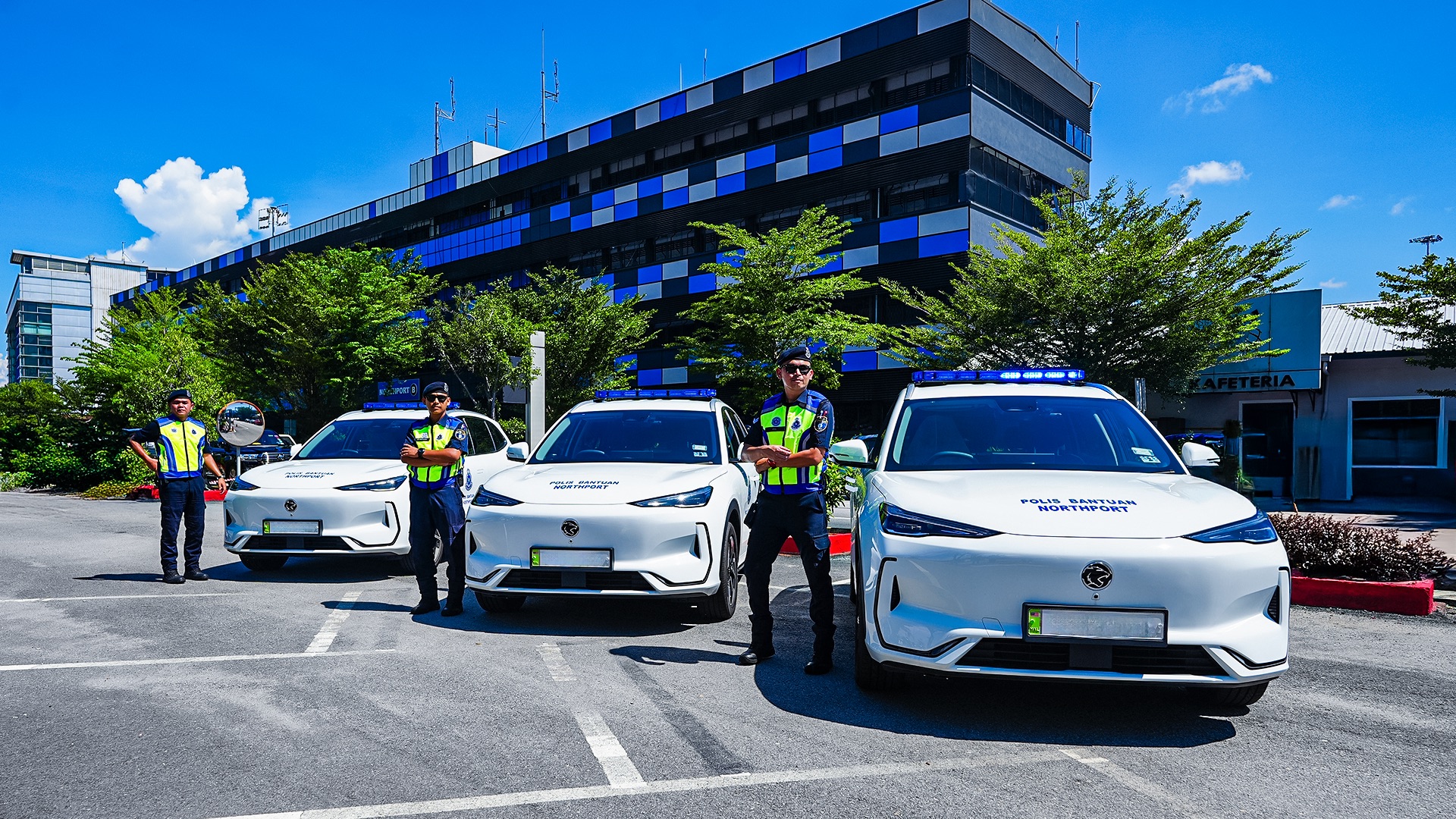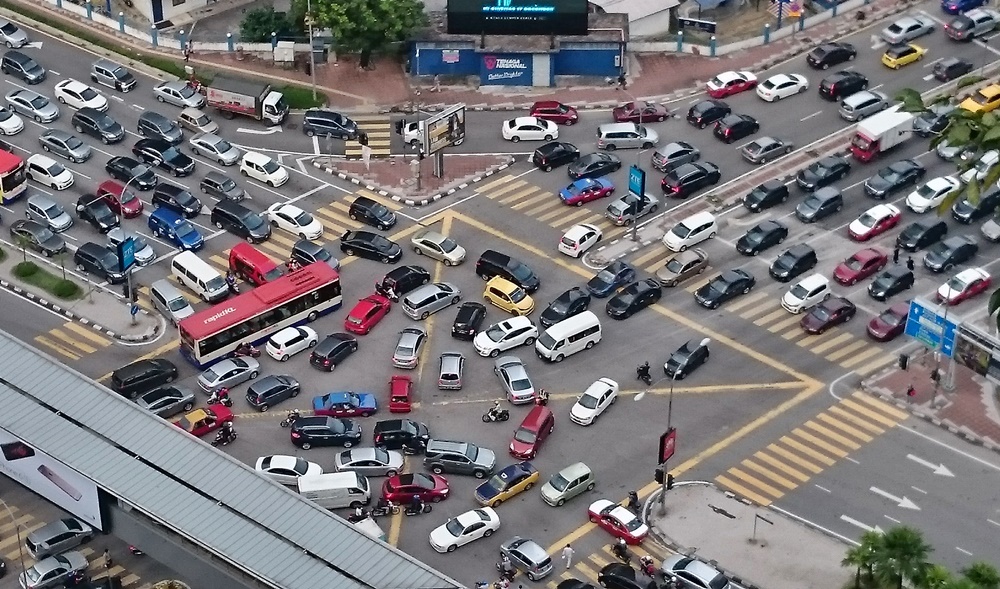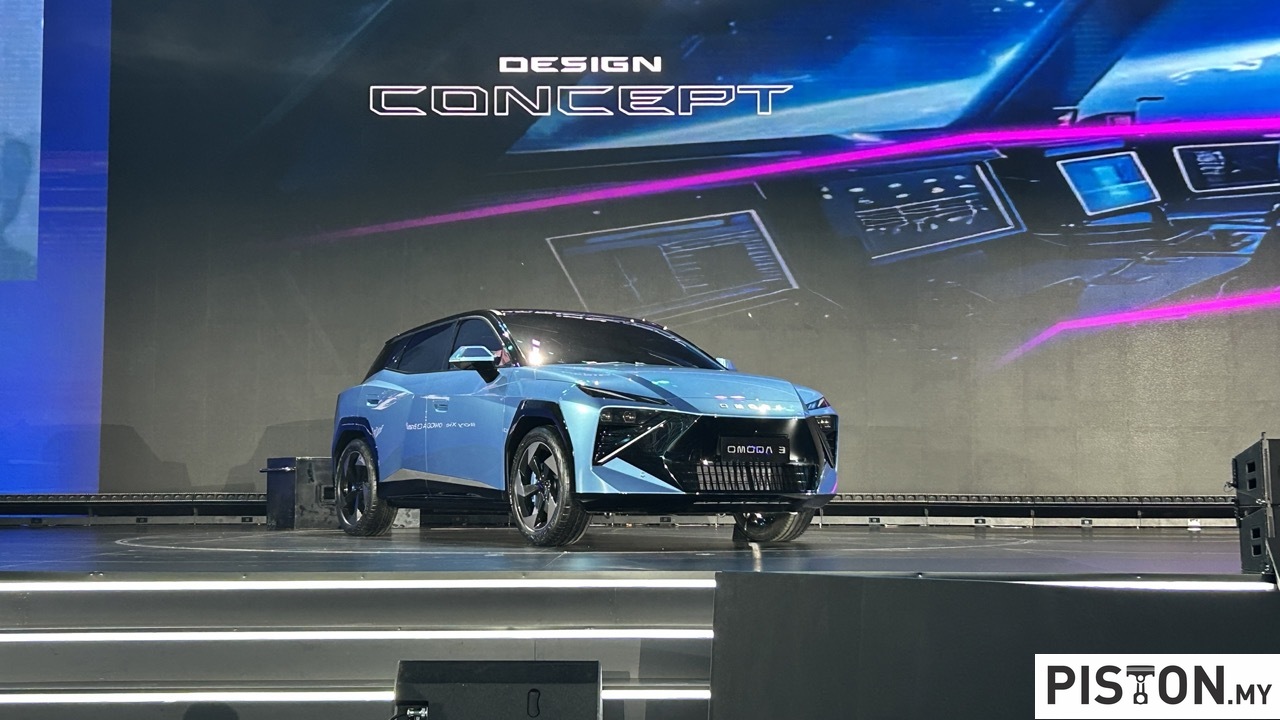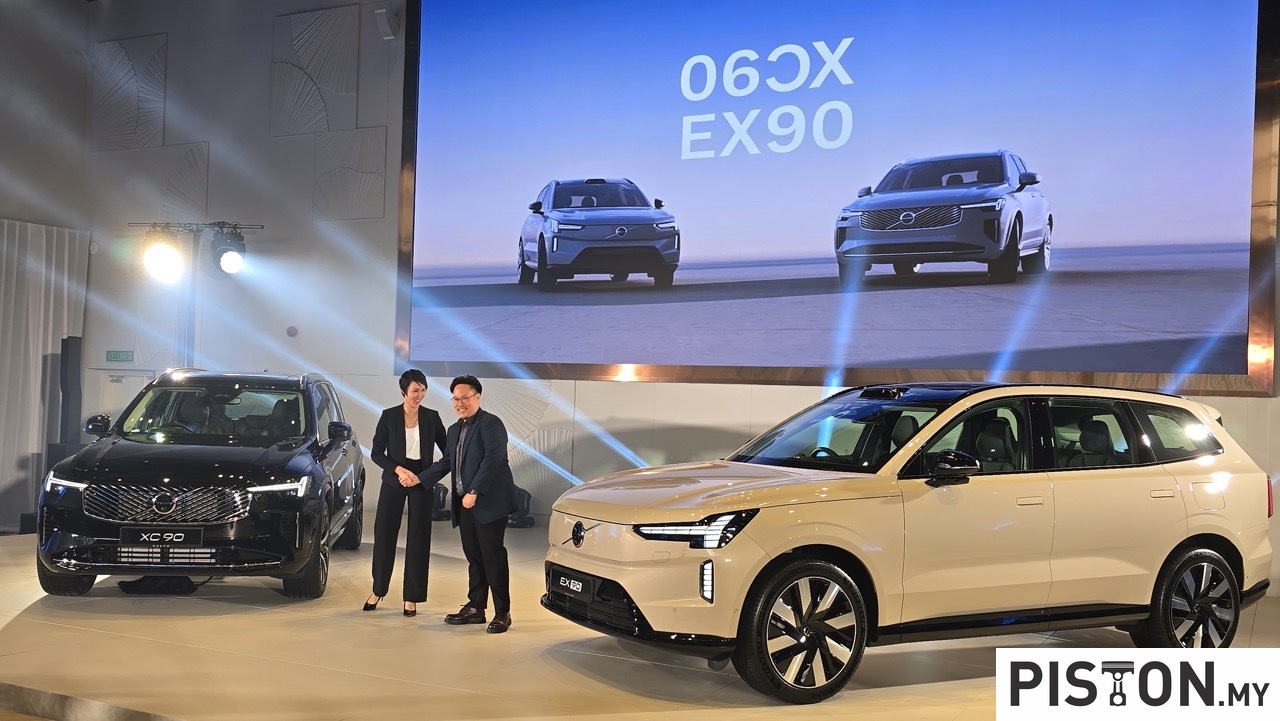Thirteen years ago, the government removed all taxes on hybrids and electric vehicles (EVs) as part of an effort to reduce Malaysia’s carbon footprint and also to try to attract carmakers to make Malaysia the ‘hybrid/EV hub’ of the region. That didn’t work as all it really did was to give a limited group of car-buyers a chance to get duty-free cars.
One company – Honda Malaysia – did follow up and assemble a hybrid model locally, receiving continued incentives for its initiative. However, the removal of the tax-free incentives after a few years saw interest in electrified vehicles lost as their prices became expensive again. Nevertheless, hybrids did start to appear though this was more to do with carmakers themselves switching to hybrid powertrains.
Last year, the government removed all taxes again – but only for battery electric vehicles (BEVs) and not hybrid models (assemblers still get incentives in other ways). The incentives have encouraged importation of many different BEV models, with new brands coming from China. Though the prices remain around RM150,000 (with the exception of the ORA Good Cat), there’s been good demand and for now, there are no units sitting in the stockyard waiting to be sold.
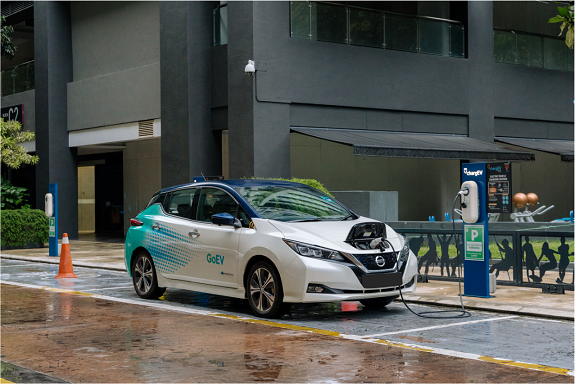
The tax exemption is up till the end of this year for CBU (completely built-up models) and the end of 2025 for models which are locally assembled. To date, Volvo Car Malaysia and Mercedes-Benz Malaysia are the two companies which have begun assembling BEVs locally.
This time, the government is not diminishing its support for the development of the EV sector, especially as it has made a commitment towards achieving carbon neutrality (net-zero greenhouse gas emissions) by 2050. Increased adoption of BEVs will help to reach that target as more vehicles with zero emissions run on the roads.
More EV-related incentives
To further encourage development, there will be more EV-related incentives announced in the revised Budget 2023, which will be tabled on Feb 24, according to International Trade and Industry Minister Tengku Datuk Seri Zafrul Abdul Aziz.
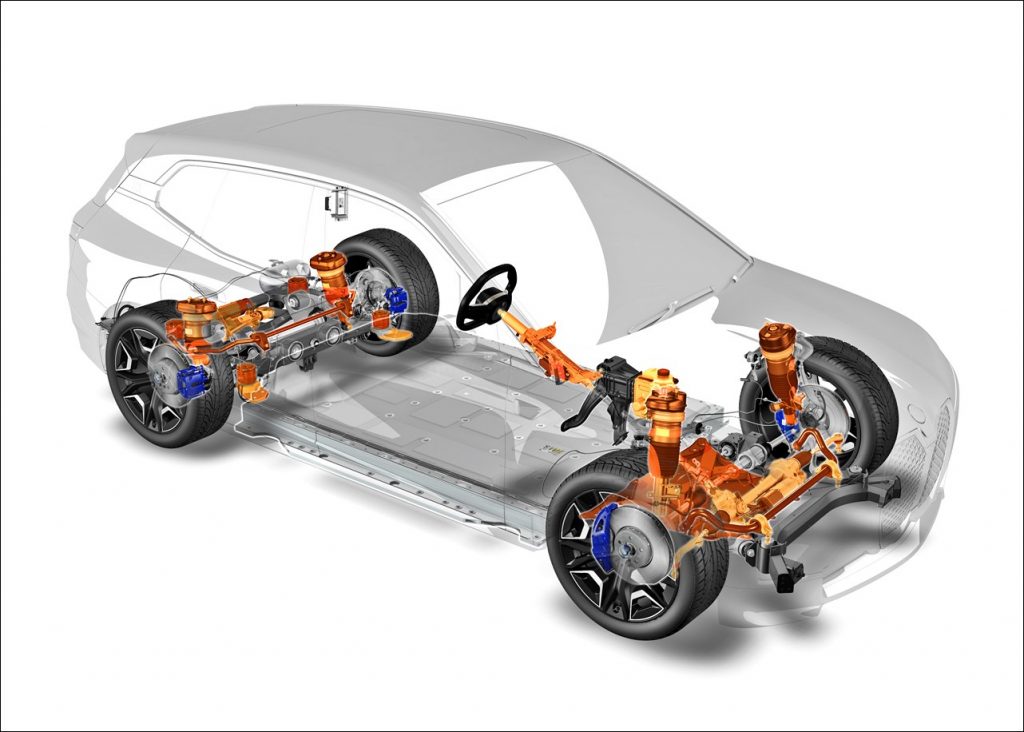
He said that the ministry is looking seriously into policies that will support related sectors to ensure the country’s EV ecosystem is complete and fully supported. These include standards, certification and verification related to charging systems, battery disposal activities, battery swapping and wireless charging.
“We have an established ecosystem, backed by solid research and development, and standards facilities (through agencies such as SIRIM) as well as an established components sub-sector that could service the whole EV value chain comprising semiconductors, sensors, automotive electronics, transceivers, batteries and auto assembly,” he said.

Support for setting up chargers
Meanwhile, the Zero Emission Vehicle Association (ZEVA), a NGO made up of BEV owners and like-minded stakeholders, is urging the government to give strong focus on the charging infrastructure. This relates to the charging stations which are required to recharge battery packs in BEVs.
The government has set a target of 10,000 charging stations to be set up nationwide by 2025 by the private sector and to date, there are around 900 which cater for 2,000+ new BEVs that have been registered since early last year. ZEVA forecasts that the number will rise to 700,000 vehicles by 2030.
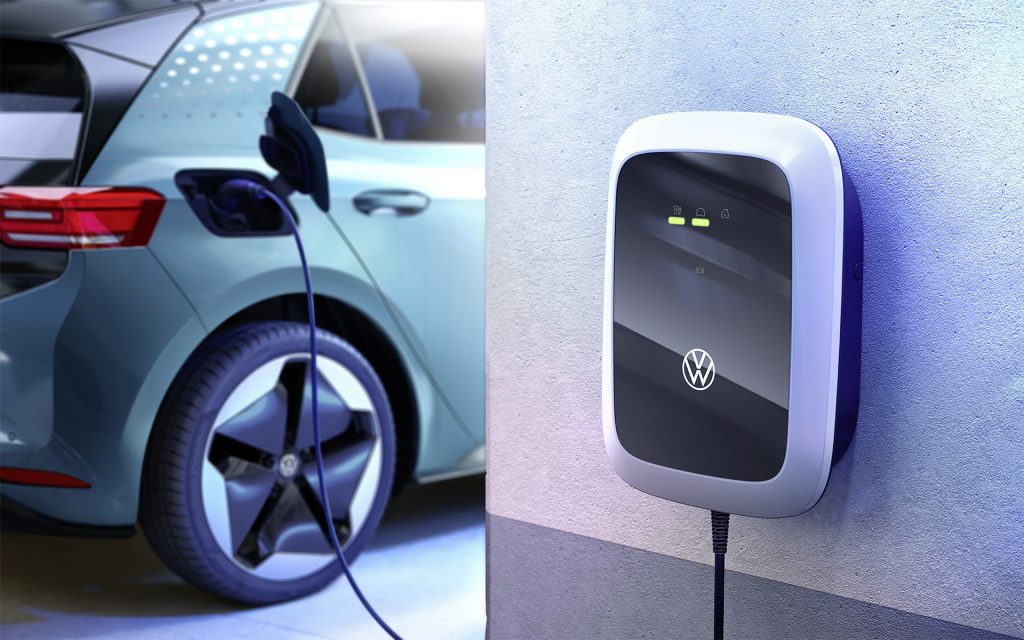
In its statement today, ZEVA said that EV charging infrastructure incentives should be offered to cater for city infrastructure, highway charging areas and high-rise buildings. For city infrastructure, the association recommends that start-up costs for any interested local and city councils to set up public charging in any particular city should be offered. There should also be a funding allocation of RM500,000 for each highway rest area catering to set 6 DC (direct current) fast-chargers.
Additionally, for high-rise buildings, ZEVA suggests that grants should be given to non-landed property managers for EV charger installation at RM10,000 each. The intent is not to cover 100% of the costs of the chargers but to offset the setting-up costs.
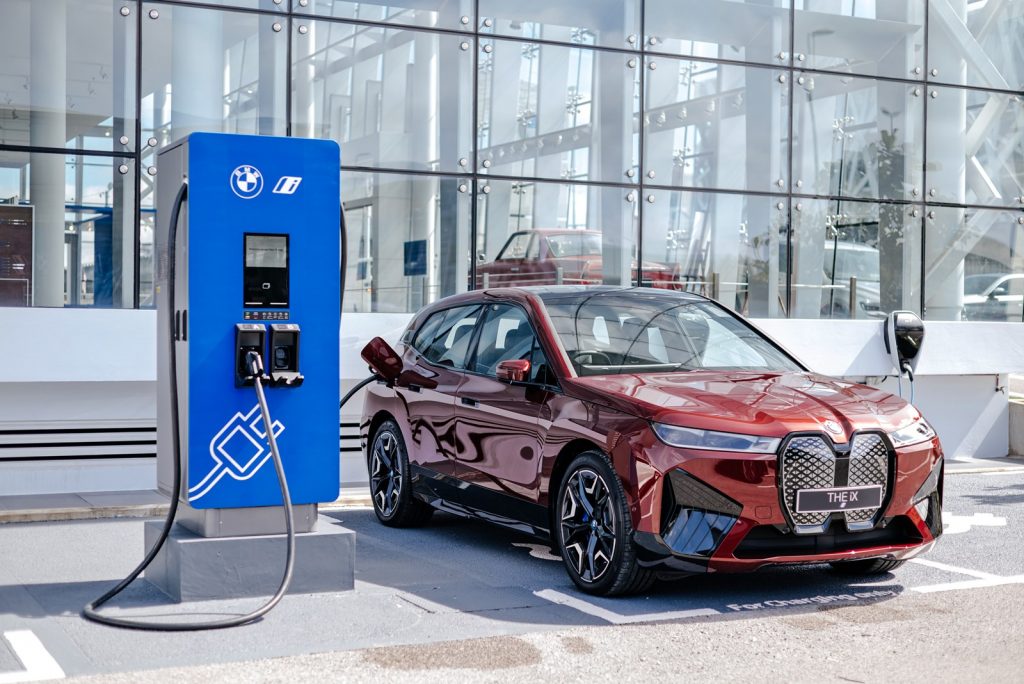

“The government’s assistance is needed as the first movers’ assets will only be utilising a fraction of the full capacity of these facilities. ZEVA believes that the subsequent companies that intend to deploy their chargers nearby will be able to leverage these existing facilities easily, thus encouraging more to invest,” its statement said.
Other incentives suggested by the association include matching grants for R&D in the EV industry (specifically associated with the automotive industry), cash rebates for trade-ins of combustion-engined vehicles to BEVs, and cash incentives for EV new purchases. The latter incentive is commonly applied in many countries to encourage EV adoption by helping consumers offset purchase costs.




